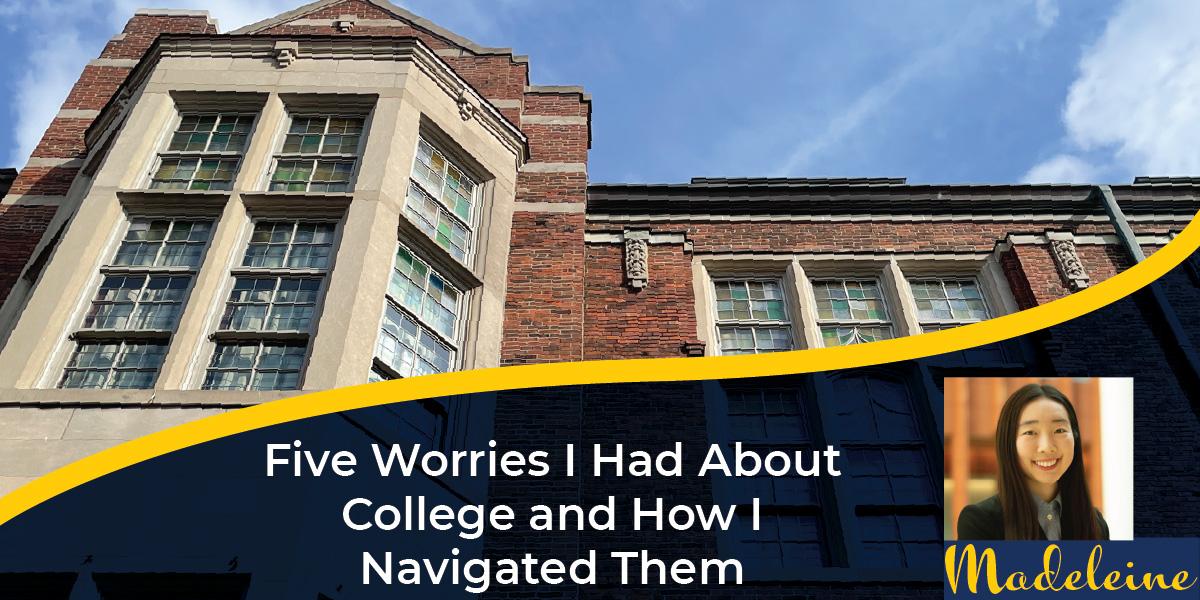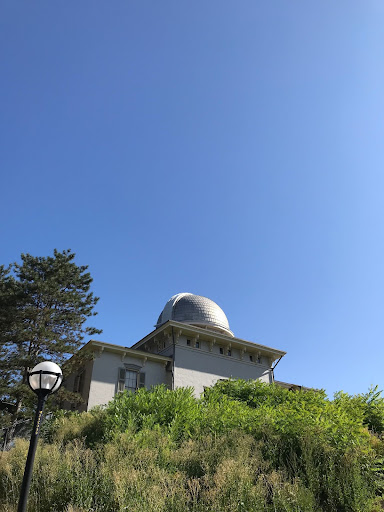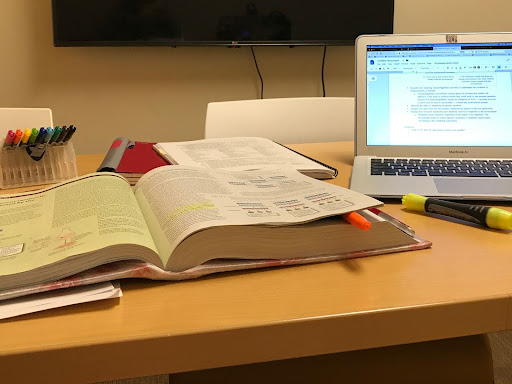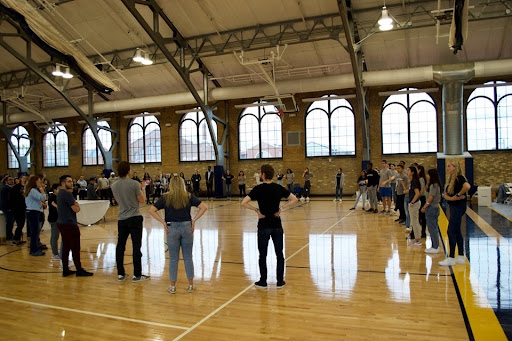Blog
Get the inside scoop about life at U-M and applying to Michigan from current student bloggers, Admissions staff, and guest faculty writers.

Get the inside scoop about life at U-M and applying to Michigan from current student bloggers, Admissions staff, and guest faculty writers.

Answering questions from my first-year self about navigating college and sharing what I learned along the way.

There were definitely some worries I had before coming to college. Because everything was so new, there was a lot of uncertainty to deal with. As a senior getting ready to graduate in April, I thought I would answer some questions and concerns my first-year self had and how I learned to navigate them.
I can guarantee that you or someone you know will get lost at some point during the first week or even semester of school. That shows how common and honestly expected it is when you navigate a new place for the first time. When in doubt, Google Maps is your go-to guide. I remember trying to obscure my phone so that Google Maps would not be visible to the people walking past me, but, as I look back, it was not a big deal. I saw so many people doing the same thing, and I found comfort in knowing that I was not the only one. If you are feeling nervous about finding your way on campus, there are some things you can do to ease your worries:

It will take some time to figure out what method of studying works best for you, and it may depend on what classes you are taking in a given semester. For example, if your schedule includes STEM courses, you may benefit from studying through sample questions and practice exams provided by your instructors since these courses tend to reinforce problem-solving. If your classes are more geared towards memorization, spaced repetition, recall, and flashcards can be really helpful.
During my first year of college, I spent a lot of time trying out different ways to study and learning what worked best for me. This will look different for every student so it is OK if the way you study is different from your friend’s way of studying. Take the time to find what works best for you, and once you find it, stick with it! As I am finishing up my eighth semester, these are some of my favorite studying strategies and resources:

Finding a community where I felt accepted and could be myself was one thing I really looked forward to in college but was also a bit nervous about. Starting college was like starting all over again. I was at a new school with new people, and it was different from high school where I could recall almost everyone by face or name. People did not know me, and I did not know them. I felt out of practice with making new friends, and I was unsure of how things would pan out when I started college.
During my first year, I learned that being open to new experiences helps with finding your people. As a first-year, I chose to join student organizations and participate in activities that I was interested in regardless of any prior experience. I was able to meet people with varied interests and get to know a number of different communities on campus. This was an eye-opening and mind-shifting experience for me because I learned that the first step in finding community and making friends is to put yourself in spaces that you want to be in. Once you are there, you will find people who already share something in common with you: They, too, want to be in these spaces. In short, continue to pursue your passions and the rest will eventually follow.

MBus, also known as the Magic Bus, is the U-M bus that travels across all university campuses for free. The most popular buses for students are those that travel between Central Campus and North Campus. It is interesting how some students may never need to use the bus system while in college while others consistently rely on it throughout their time at U-M. If you are like the latter or just want to learn about MBus, it is pretty straightforward after the first few times. Some helpful tips and things to remember:

Nope, you definitely do not. You have SO much time to figure out what you want to do during college. Especially during the first few weeks of school, you will likely receive many questions about your intended major, which is totally understandable since that is what most people are focused on at the moment, but it is completely OK if you simply do not know. That is what your classes are for! You will start to get a sense of what you like and do not like through your experiences. While most students usually declare a major during the second semester of sophomore year, this does not mean your major cannot change or that you can’t follow a different timeline. Consulting an academic advisor can be a good way for you to determine next steps to avoid feeling behind or rushed in the future.
I started my first year with an interest in medicine and policy, thinking that I was going to major in neuroscience and perhaps minor in public policy. During my second semester, I wanted to experience a small and personalized classroom setting, which led me to registering for a first-year history seminar. I enjoyed the course so much that I took more history classes and ended up declaring a history major at the end of my sophomore year. You do not know where your classes will take you — be open to seeing them through!

Madeleine Lee is a senior in the College of Literature, Science, and the Arts with plans to work at the intersection of health and social justice. Outside of the classroom, she conducts research at the Kellogg Eye Center and is a member of the Korean-American Scientists and Engineers Association. She is an Ann Arbor native, and in her free time, you can find her running, solving crossword puzzles, or making playlists.